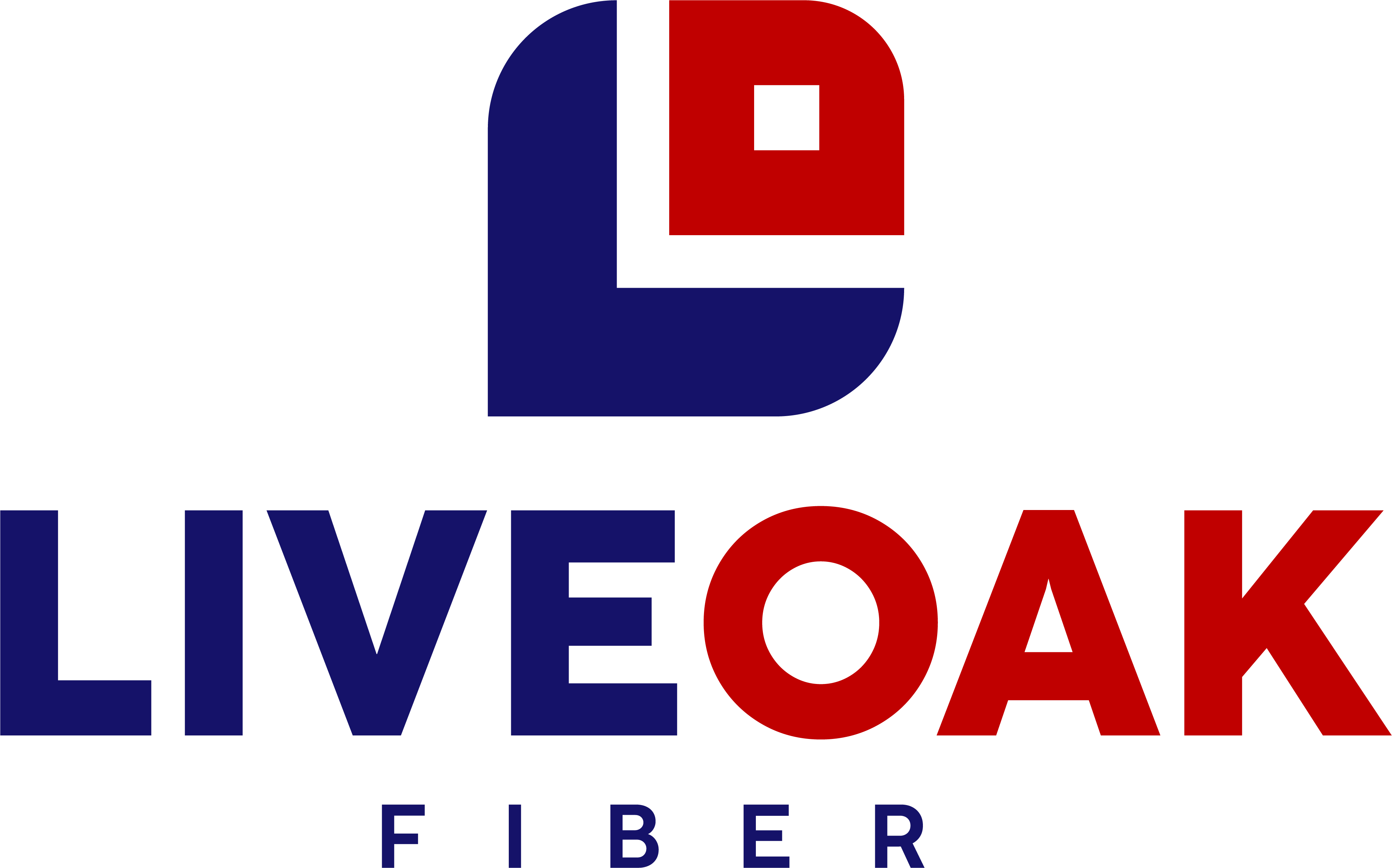
In a world where online activities are woven into nearly every part of our lives, most people focus on download speeds—how fast you can stream Netflix, browse websites, or download a large file. But there’s another half of your internet connection that’s just as important, and it often gets overlooked: upload speed.
Whether you’re working remotely, gaming competitively, or simply backing up your phone to the cloud, upload speeds play a critical role. Here’s why they matter more than you might think—and how to make sure you’re not getting shortchanged.
What Are Upload Speeds?
Your internet connection has two directions:
- Download speed: How quickly data comes to you (watching a video, opening a webpage).
- Upload speed: How quickly data goes from you (sending emails, posting to social media, joining video calls).
Upload speed is measured in either megabits per second (Mbps) or gigabits per second (Gbps), and it’s historically been much lower than your download speed—especially with cable or DSL plans.
1. Smooth Video Calls and Virtual Meetings
Zoom, Microsoft Teams, and Google Meet all rely on steady upload speeds to transmit your audio and video to others. If your upload speed is too low:
- Your video may appear choppy or frozen
- Audio may lag, cut out, or echo
- Screen-sharing will be delayed
For HD video conferencing, a minimum of 500 Mbps upload is recommended, but more is better—especially with multiple participants or devices.
2. Gaming Performance and Lag
Online gaming is often misunderstood as a download-heavy activity, but real-time responsiveness depends on upload speed and low latency. Here’s how:
- Uploading game data (your movements, actions, voice chat) in real time
- Hosting peer-to-peer multiplayer games
- Streaming gameplay to platforms like Twitch or YouTube Live
If your upload speed is low, you may experience lag spikes, dropped connections, or poor performance in fast-paced titles like Call of Duty or Fortnite.
3. Cloud Backups and File Sharing
Every time you:
- Upload photos to Google Drive
- Sync files with Dropbox
- Send a large email attachment
You’re relying on your upload speed. For freelancers, content creators, and businesses that move big media files, fast upload speeds can be a time-saver—or a deal-breaker.
4. Smart Homes and IoT Devices
Smart security cameras, video doorbells, thermostats, and home assistants often send data back to the cloud. Low upload bandwidth can:
- Cause lag in live security feeds
- Delay alerts or voice assistant responses
- Impact multiple devices operating at once
As smart home ecosystems grow, so does the strain on your upload pipeline.
5. Remote Work and Learning
Today’s hybrid world relies heavily on two-way data flow:
- Uploading documents, code, or creative assets
- Participating in virtual classrooms or collaborative platforms
- Livestreaming webinars or virtual presentations
If your uploads crawl, your productivity suffers—and that affects your reputation, not just your internet experience.
Fiber vs. Cable: A Major Difference
Fiber internet provides symmetrical speeds, meaning your upload speed matches your download speed. That’s a huge advantage for:
- Work-from-home professionals
- Creators uploading large videos
- Families using multiple devices at once
In contrast, cable internet might offer 500 Mbps down—but only 20 Mbps up.
How to Test and Improve Your Upload Speed
Test it:
Use tools like Speedtest by Ookla or Fast.com to check your current upload speed.
Improve it:
- Upgrade to a higher-speed plan (look for symmetrical fiber if possible)
- Reduce background uploads (e.g., automatic cloud sync)
- Use wired connections instead of Wi-Fi
- Invest in a quality router or mesh system
Final Thoughts
As our digital lives become more interactive and cloud-based, upload speeds are no longer just a technical spec—they’re a daily necessity. Whether you’re video chatting with coworkers, uploading your latest creation, or managing a smart home, a strong upload speed is what keeps everything running smoothly.
So the next time you’re shopping for internet service, don’t just ask, “How fast can I download?” Ask, “How fast can I upload?”—and make sure your answer is ready for the future.
